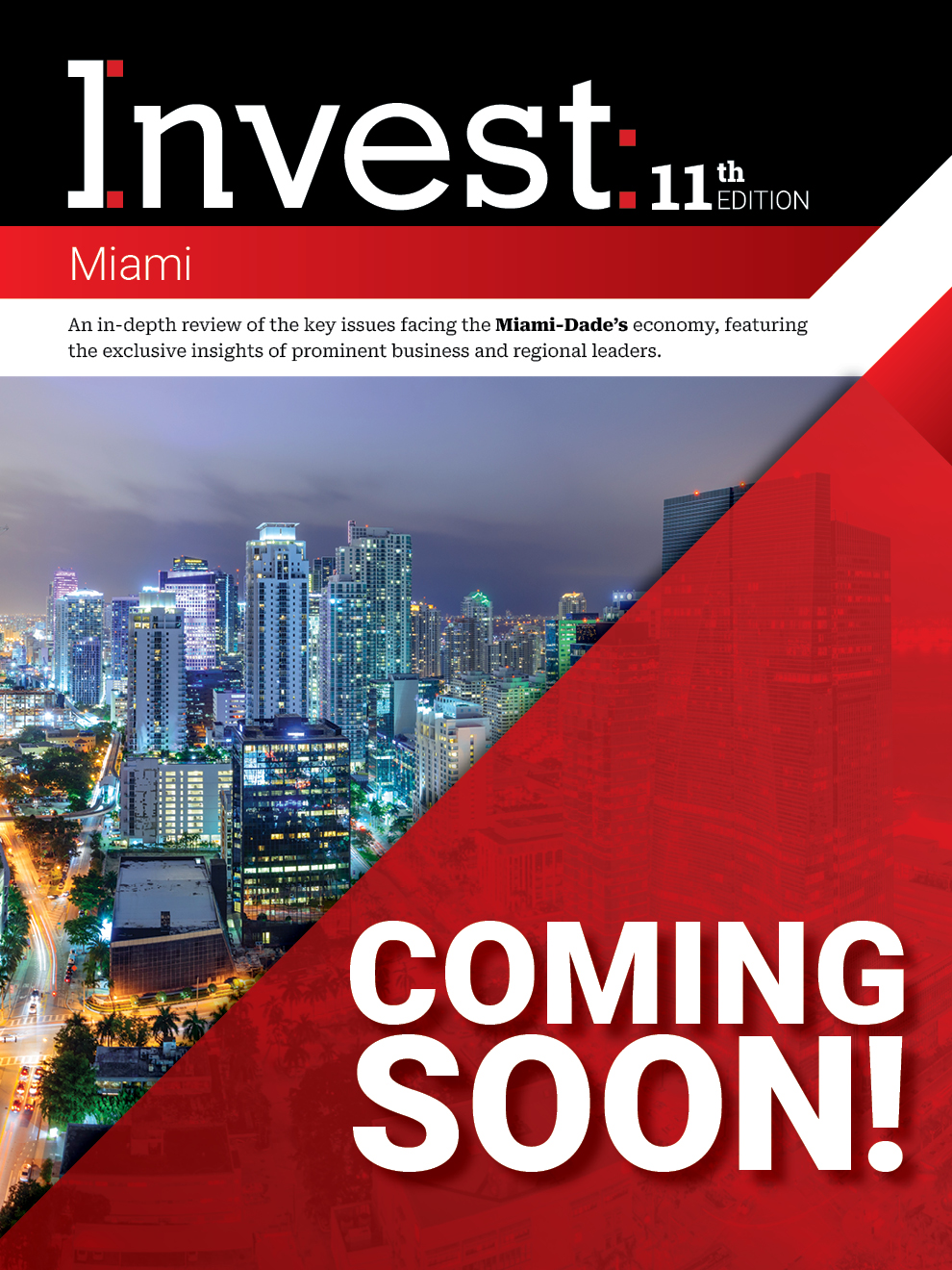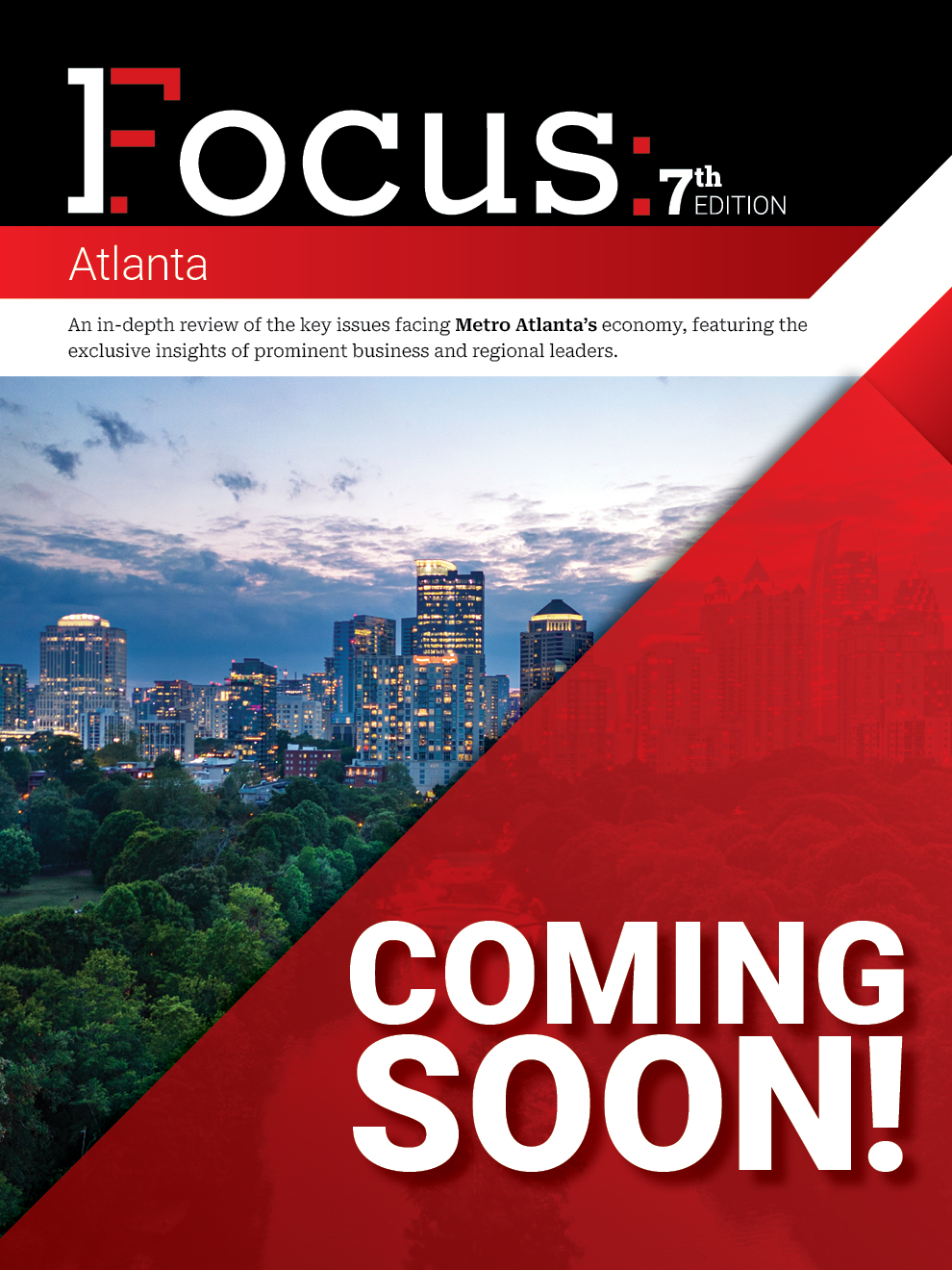Mahesh Daas, President & ACSA Distinguished Professor, The Boston Architectural College
The Boston Architectural College is focused on integrating practice into the education paradigm in which entrepreneurship is a key component, college President Mahesh Daas told Invest: in an interview. “The disruption in technology and economy and even social structures can only come about through entrepreneurship,” he said.
What have been the major highlights and milestones for The Boston Architecture College during the last year?
The past year has been very productive, with the highest enrollments for the BAC in nearly a decade in both the Fall and Spring semesters. We have been growing consistently, and we have also seen increased retention rates, with our graduation rates rising by double-digit percentage points. We are extremely pleased with these positive outcomes, which are the result of several things that we have been doing, such as our mixed-reality master planning process that has been the topic of discussion among our institutional peers and thought leaders.
We have also integrated AI and robotics-based curricula into our programming. This step has been powered by my new book that was released this past November, called I, Nobot. The entire book was illustrated using AI and addresses the topics of how AI and robots are transforming the human condition and everything else within our societies.
The BAC is also forging new partnerships with industry leaders, such as Autodesk, Suffolk Construction, and Suffolk Technologies. We’re gearing up to launch extensive academic and research initiatives centered around these topics, and how they integrate with and transform architecture, urban design, and all related fields. These are just a few of the prominent changes and developments within our institution.
I would add that the BAC is now a majority-minority institution and has just graduated our first class with a majority of students from minority backgrounds. We are also an emerging Hispanic-serving institution. The BAC is making great strides to deliver on its core mission to make design education accessible to historically and predominantly underserved communities.
What trends do you find noteworthy in the education industry?
The importance of online education has become very clear. Everything was online during the pandemic, and the world has subsequently learned a lesson about the importance of providing access through multiple modalities to serve different populations and the needs of society. As a result, the Online Master of Architecture program at our college stands as the largest of its kind in the country.
The trajectory is pointing towards a surge in demand for online education, even in domains historically hesitant to embrace digital platforms, such as design. We are also rolling out more online programs, while ensuring we provide a unified experience to all our students. It is critical that institutions provide a consistent student experience regardless of the program or modality. This includes how you make resources accessible to all students, such as the library, computer labs, and software as well as academic services, advisers, and psychological counseling services. The BAC is a pioneer in this area because we have been able to do this through our BAC Cloud Canopy — enabling us to offer access to our students located within 85% of the world’s geographical areas.
Another trend we are noticing is that students who are enrolled in on-site programs expect online coursework as part of their learning experience. And, at the BAC, as much as 30% of the curriculum for on-site students is being offered through online coursework. That is because students want flexibility, and they want to maximize the resources available to them.
For all those reasons, online education – along with the online components for on-site education – are both gaining a great foothold on how students engage with their learning experiences.
What are the challenges BAC faces in the current education industry landscape?
Today, institutions worldwide are proactively exploring avenues to access capital, enabling strategic investments in their future. To further empower these endeavors, we’re expanding revenue sources through partnerships, philanthropy, and innovative revenue-generating activities. Embracing this dynamic landscape presents the BAC with exciting opportunities for growth and collaboration.
How is the college preparing students for the evolving job landscape?
First, the BAC has always been a work-integrated institution, meaning that 97% of our students are currently employed. And they’re continuously employed, throughout their studies at the BAC. And it is not just employment anywhere, but rather employment that is aligned with professional licensure.
By integrating practice into the education paradigm, BAC students learn from practice and academic settings simultaneously. They are actively gaining professional experience while also developing their networks. By the time a BAC student graduates, they’re not looking for a job because they already have one. Alternatively, they may possess such a robust network that they have numerous options available to them.
We are hearing that the industry has slowed down. The AIA Billings Index and all those indicators have been going down. As a result, opportunities are difficult to come by; however, BAC students and graduates have always had an advantage because they are already fully immersed in practice settings.
Is entrepreneurship part of workforce development?
I cannot stress enough that disruption in the technology economy and even social structures can only come about through entrepreneurship. At the BAC, we are integrating entrepreneurship into the core of what we do and the education and programs we offer. For instance, we have plans to launch an innovation incubator with industry partnership, particularly the area accelerators, so that the startups that our students begin can be accelerated with industry, venture capital, and such.
Most importantly, we want to prepare BAC students to be entrepreneurial throughout their life. That is something unique that we are doing. You’re not looking for a job, you are looking to create jobs. You are looking to launch startups and to grow, accelerate and scale startups. It is not the traditional mold of creating a small firm or a small organization, but rather scalable products or service-based startups. These are all the things that we are supporting, particularly in the construction and robotics areas.














